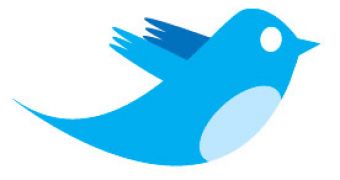Social media is becoming more and more important in the political life as last year's US presidential elections showed. But while President Barak Obama got a lot of coverage on YouTube or Facebook, social networking sites play a much more crucial role in countries with restricted access to information. This was the case in Iran, were elections were held on Friday, as Facebook played a big role leading to the event while Twitter was instrumental in relating the aftermath. However as much as these services helped inform the outside world of the event, it is doubtful that they played a big role inside the country.
Prior to the elections Mir Hossein Mousavi, the former prime-minister and main competitor to current president Mahmoud Ahmadinejad, enjoyed a huge backing on Facebook where his profile went from 5000 fans to almost 40,000 in just a few weeks. The site proved so popular for Mousavi's supporters that it was blocked in Iran on several occasions before the elections, most recently on May 23 for a few days.
After Ahmadinejad claimed victory, with 63.4 percent of the votes, riots from opposition supporters broke out in the streets. Claims of rigged elections quickly spread via the web and soon after Internet service became unusable. Mobile networks also stopped working or had very poor service. Those who managed to get Internet access found that popular social networking sites like Facebook or Twitter were blocked.
“The blocking of access to foreign news media has been stepped up. In addition to the blocking of the BBC’s website, the Farsi-language satellite broadcasts of the Voice of America and BBC – which are very popular in Iran – have been partially jammed,” Reporters Without Borders, an organization campaigning for free press around the world, said in a statement. “The Internet is now very slow, like the mobile phone network. YouTube and Facebook are hard to access and pro-reform sites . . . are completely inaccessible.”
Some reports of the clashes between opposition supporters and anti-riot police have made their way to Twitter while violent videos filmed with mobile phones were uploaded to YouTube. However, for the most part the blockade was successful and while news of another Facebook-Twitter revolution made headlines it seems it actually made little difference in Iran.

 14 DAY TRIAL //
14 DAY TRIAL //